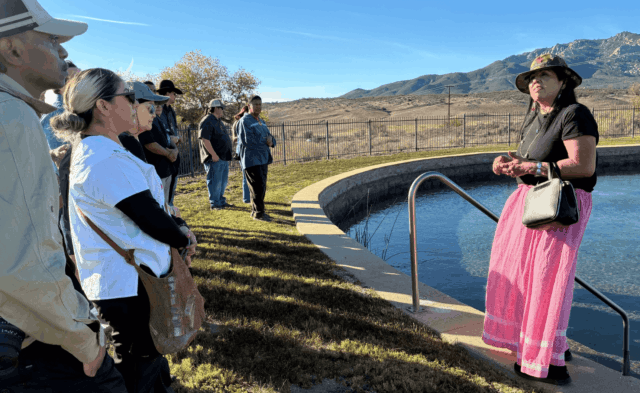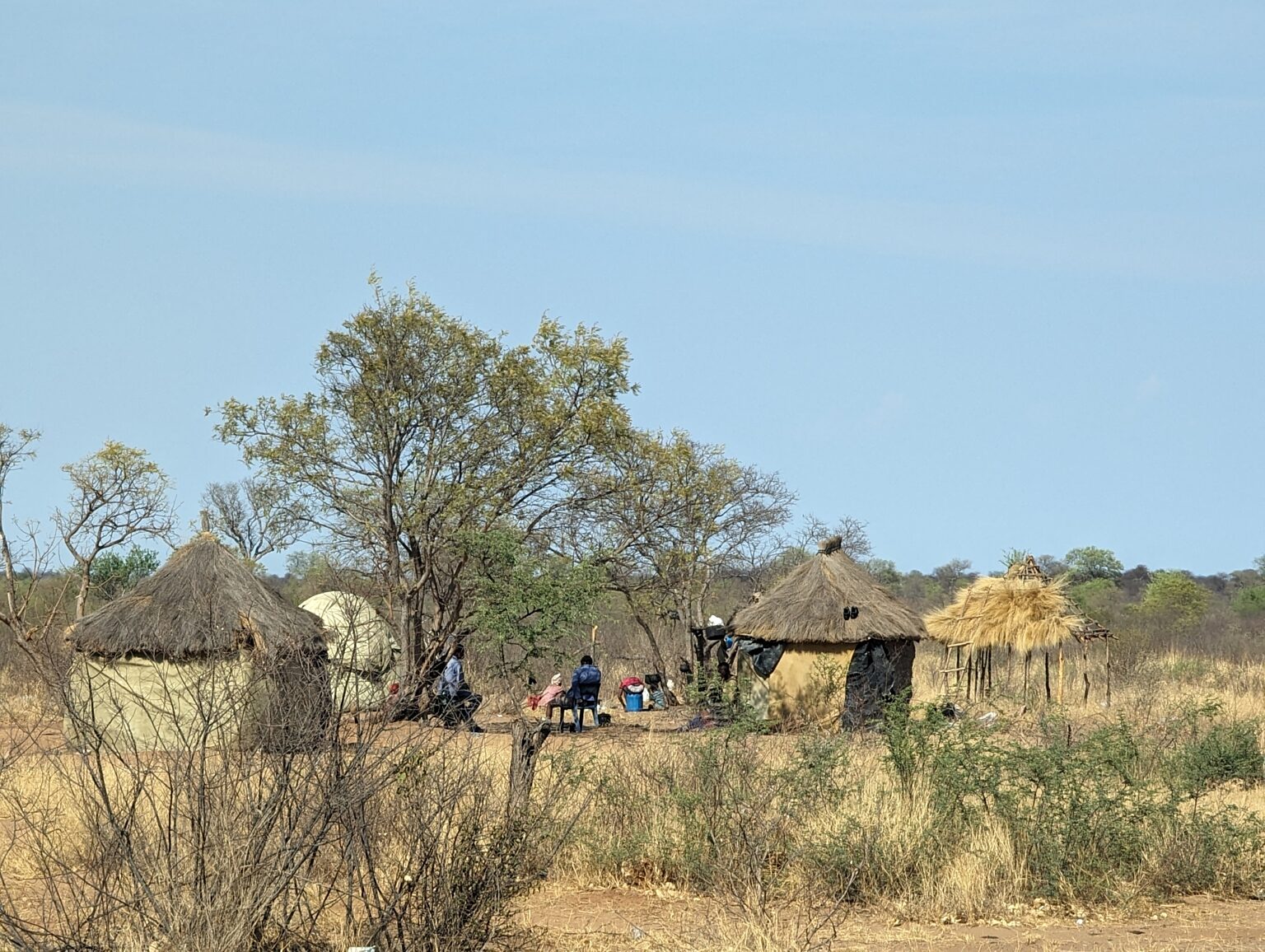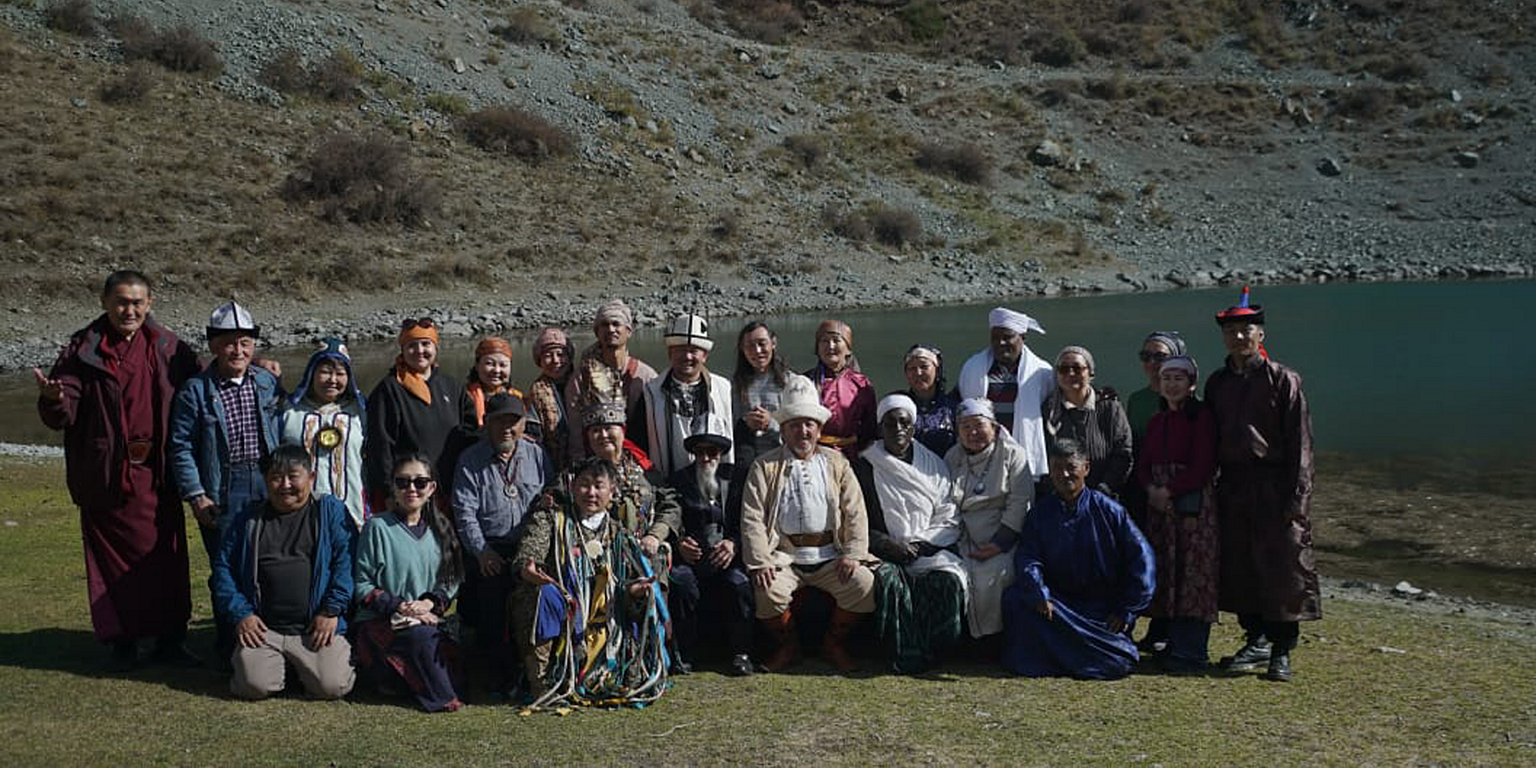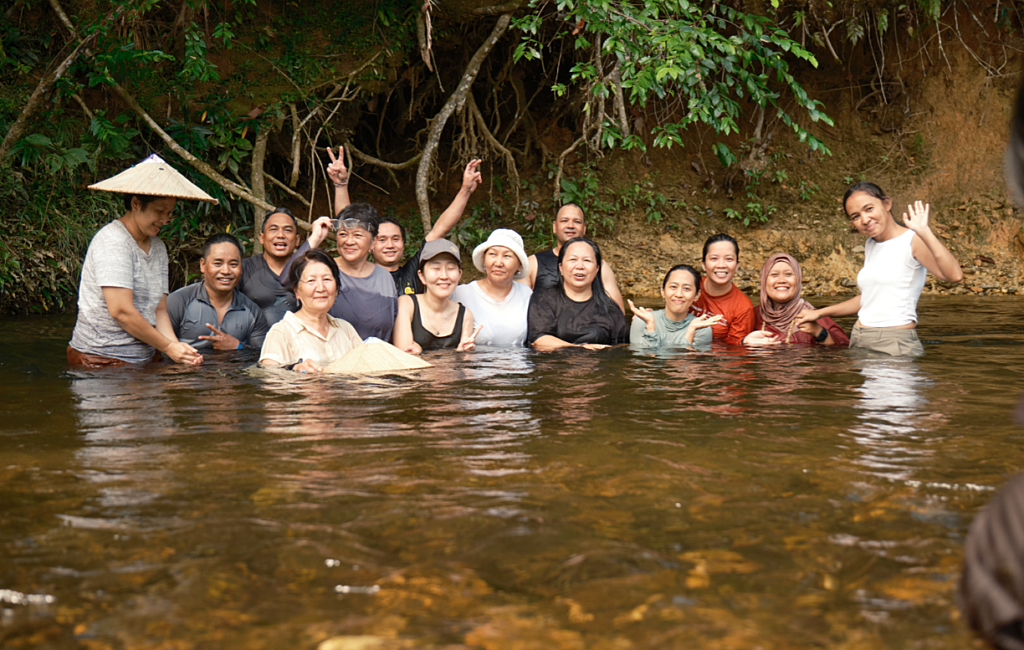The Ju/'hoansi, the second-largest group of San people in Namibia, have inhabited the Nyae Nyae
area for thousands of years, establishing themselves as one of the oldest Indigenous groups in Africa. Their traditional lifestyle, rooted in hunting and gathering in the Kalahari region, reflects a deep connection to the land. Since ancient times, the Ju/’hoansi San have shown a profound concern for the sustainable use of natural resources. They are renowned for their practice of living alongside wildlife and taking only what they require, thereby ensuring that resources remain available for other species and for future generations.
Many of the decisions taken by the Ju/’hoansi traditionally were inextricably linked to land, the
resources found on the land, and finding equitable, mutually acceptable ways of ordering access
to these resources. In addition, the Ju/’hoansi had well defined family links to these resource areas,
which they called n!oresi. These n!oresi were “managed” by a n!ore kxao, which translates as
n!ore owner or steward. Such ownership or right could not be sold or given away, and was passed
on through the family by the parents.


















